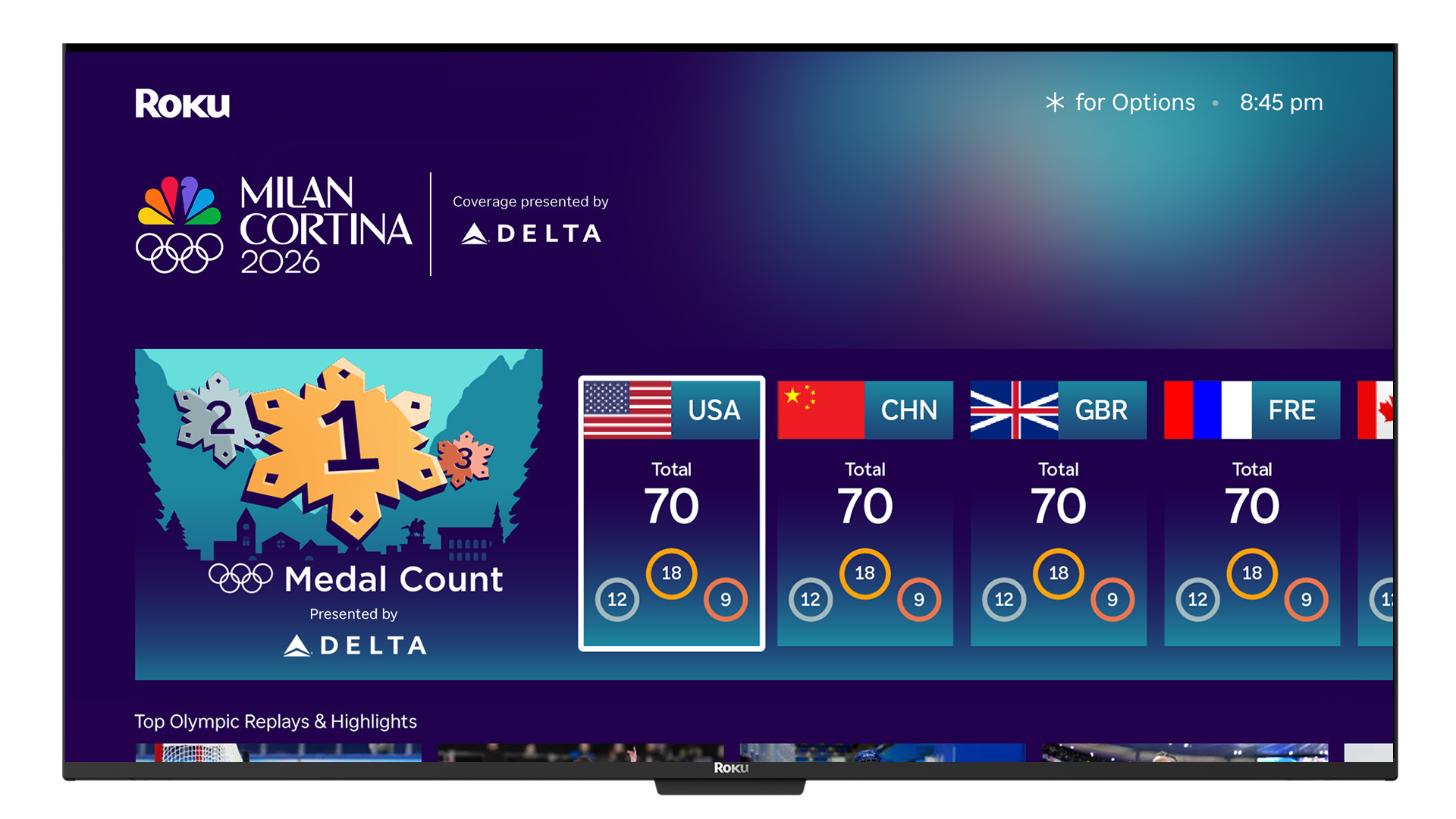FCC report finds higher cable prices
The average monthly rates for cable service, including basic and expanded basic cable programming services, increased 5.2 percent 2004, from $40.91 to $43.04, according to an FCC report released yesterday.
The annual report, released Dec. 20, shows the rates grew by 93 percent since the period immediately prior to Congress’s enactment of the Telecommunications Act of 1996. Congress mandated the FCC produce the annual report as part of Cable Television Consumer Protection and Competition Act of 1992.
The average monthly charge for basic service increased by 3.3 percent, rising from $13.84 on Jan. 1, 2004, to $14.30 on Jan. 1, 2005, the report said. Over the same period, the average charge for expanded basic service rose from $27.07 to $28.74, an increase of 6.2 percent. More than 84 percent of cable consumers subscribe to the expanded basic service.
The report also looked at the price of the most highly subscribed digital tier as well as the digital set-top converter and remote. For the communities studied from Jan. 1, 2004, to Jan. 1, 2005, the price or this tier and equipment increased by 1.2 percent, to $12.99. Of the 98 percent of all cable subscribers served by systems that offered digital video service, 37 percent subscribe to the digital tier.
Other findings include:
- As of Jan. 1, 2005, 87 percent of all cable subscribers were served by systems that had been upgraded to a capacity of at least 750 MHz;
- 96 percent of all cable subscribers were served by systems that offered Internet access; and
- 42 percent of subscribers were offered telephone service by their cable operator.
After the report’s release, National Cable & Telecommunications Association (NCTA) president and CEO Kyle McSlarrow said the report on cable pricing is “obsolete on arrival and an unsound basis for policy decisions.”
The report does not take into account benefits to consumers from bundled service pricing, which favorably impacts cable pricing, said the head of the cable trade association.
The professional video industry's #1 source for news, trends and product and tech information. Sign up below.
For more information, visit: www.fcc.gov and www.ncta.com.
